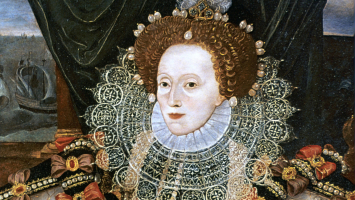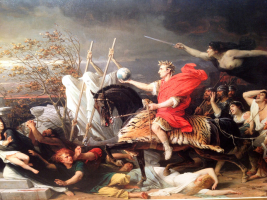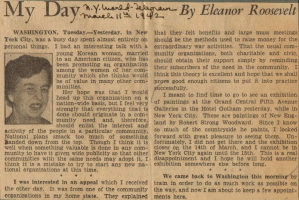Top 6 Major Accomplishments of Egyptian Queen Cleopatra
Cleopatra VII Philopator (69 BC - 30 BC), also known as Cleopatra, was an Egyptian queen who reigned as Egypt's last active Pharaoh. She ascended to the throne ... read more...at the age of 18 and ruled Egypt alongside her younger siblings before passing the throne to her son Ptolemy XV Caesarion. She built her power, consolidated her kingdom, and affected the politics of the time during a time when Egypt and Rome were immersed in internal and external warfare. Learn more about the Major Accomplishments of Egyptian Queen Cleopatra by looking at her six significant achievements.
-
The Hellenistic period in Mediterranean history begins with Alexander III of Macedon's (often known as Alexander the Great) death in 323 BC. After Alexander's death, Ptolemy (Ptolemy I Soter), a Macedonian who was among Alexander's high-ranking generals during his conquest of Egypt in 332 BC, was named as the satrap of Egypt. This was the start of the Ptolemaic dynasty's 300-year reign over Egypt. The Egyptians eventually recognised the Ptolemaic dynasty as the successors to independent Egypt's pharaohs.
Cleopatra was the last active ruler of Egypt's Ptolemaic Kingdom, rising to the throne after her father Ptolemy XII Auletes died in 51 B.C. Ptolemy XIII Theos Philopator (51-47 BC) and Ptolemy XIV (47-44 BC) were Cleopatra's younger siblings, and then her son Ptolemy XV Caesarion (44-30 BC). She possessed a lot of political power because she was the most powerful ruler in all three of her co-regencies, making her the last active Pharaoh of Egypt. With the establishment of the Roman Empire in Egypt after the Battle of Actium in 31 BC, the Ptolemaic Kingdom in Egypt came to an end with her death.
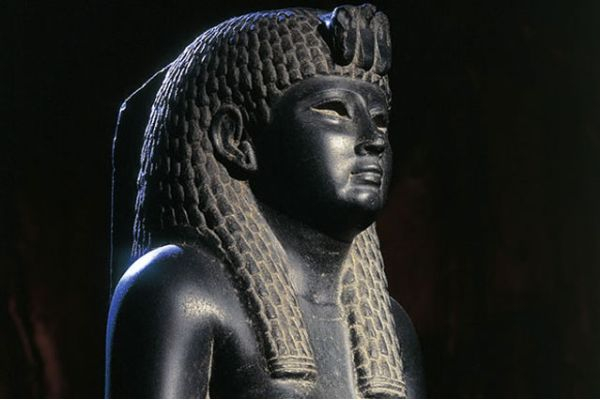
Photo: Báo Khoa học và Phát triển 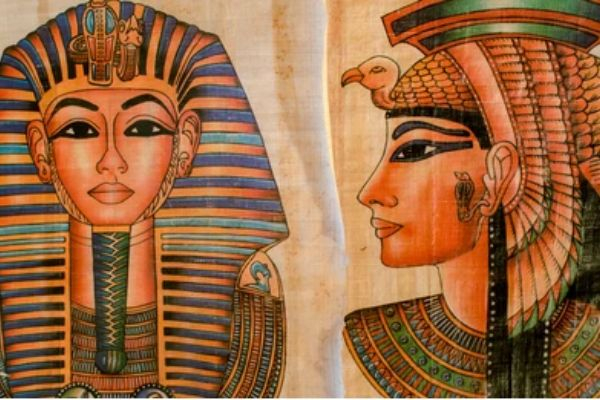
Photo: Shutterstock -
Ptolemaic Pharaohs had their origins in Greece, despite being acknowledged by the Egyptians and being crowned with Egyptian rituals in Memphis by the Egyptian High Priest of Ptah. They spoke Greek and ruled as Hellenistic Greek monarchs from Alexandria, a predominantly Greek city. They refused to learn Egyptian. Cleopatra, on the other hand, was an anomaly; she could communicate in a variety of languages, the most important of which was Egyptian, the language of her subjects. She was the only Ptolemaic ruler to study Egyptian, and her native tongue was Koine Greek. Cleopatra did not speak Latin, according to most historians, and instead spoke Greek, which was her native tongue. Plutarch, the historian, was skeptical that she spoke Egyptian, and many modern academics agree with him. There is, however, no historical evidence that she spoke a language other than Greek.
Cleopatra also spoke Ethiopian, Troglodyte, Hebrew, Parthian, Median, and Syrian in addition to her native Koine Greek, Latin, and Arabic which is one of the major accomplishments of Egyptian Queen Cleopatra. Some speculate that her interest in such a diverse range of languages stemmed from her wish to reclaim Ptolemaic Kingdom possessions in North Africa and West Asia. Her capacity to communicate with foreign dignitaries was enhanced by this talent.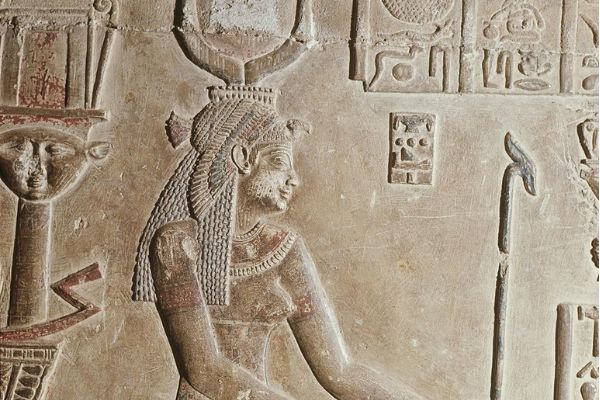
Photo: www.britannica.com Video: CivilisatoPedia -
Cleopatra was the queen of Egypt from 51 to 30 BCE, and during that time she actively affected Roman affairs, especially through her associations with Julius Caesar and Mark Antony. She became the template of the romantic femme fatale, as no other lady in antiquity had. Her political clout in Rome was undeniably enormous.
Cleopatra, who ascended the Egyptian kingdom at the age of 18, was ambitious in her ambition to reign. Despite being a co-regent, she wielded influence in Egypt during her reign and kept the country autonomous during political upheaval. She developed contacts and political alliances with prominent Roman generals such as Julius Caesar and Mark Antony, supplying them with money and funding to help them achieve their goals. This is considered as one of the major accomplishments of Egyptian Queen Cleopatra. She was also a foe of Octavian, who would later become Augustus, the first Roman emperor. Augustus' propaganda war against Antony set the path for his power, and Cleopatra played a key role in it. He decided that Roman history should be written in such a way that this prerogative would be justified. Cleopatra's political power was therefore torn away from her, and her position was reduced to her friendships with Julius Caesar and Mark Antony. She was portrayed as an immoral alien woman who enticed honorable Romans. In actuality, she had a significant impact on Rome's politics.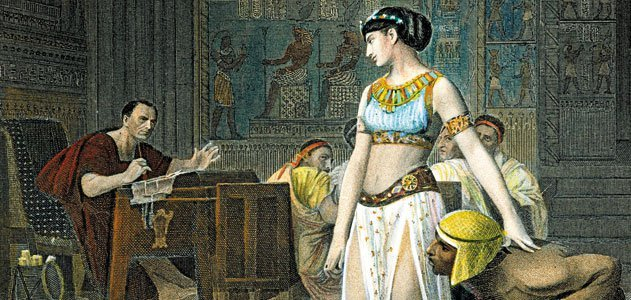
Photo: smithsonianmag.com 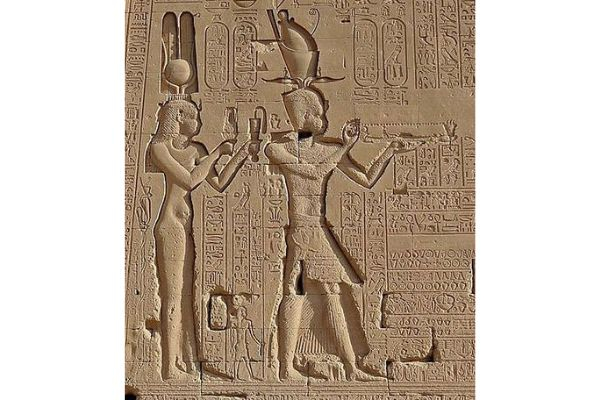
Photo: learnodo-newtonic.com -
The Engagement of Actium was a naval battle between Octavian's maritime force and Mark Antony's and Cleopatra VII Philopator's combined fleets. The fight took place in the Ionian Sea on September 31, BC, near the former Roman colony of Actium, Greece, and was the culmination of Octavian and Antony's decade-long conflict.
Antony tried to persuade Cleopatra to retire to Egypt in the days leading up to the historic naval battle at Actium, but she refused, believing that stopping Octavian in Greece would be more advantageous in the defense of Egypt. In the Battle of Actium in September 32 B.C., Antony and Cleopatra's bigger but untrained naval fleet engaged the professional naval troops of Octavian headed by Marcus Vipsanius Agrippa. At the mouth of the Ambracian Gulf, Cleopatra commanded several dozen Egyptian warships aboard her flagship, the Antonias. Officers, kings, and generals defected to Octavian's side, and the fight quickly became one-sided. Cleopatra and Antony were forced to retreat to Egypt after breaking through the Roman line.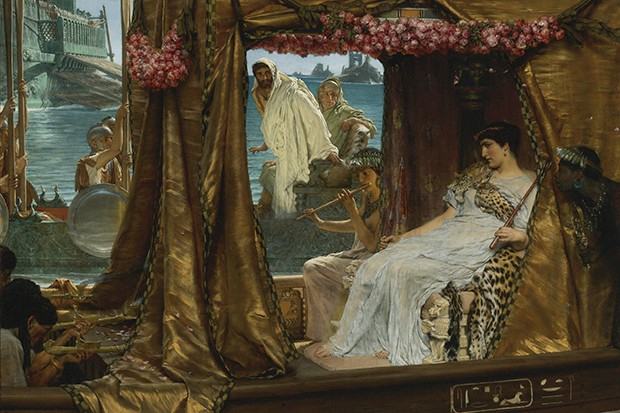
Photo: HistoryExtra 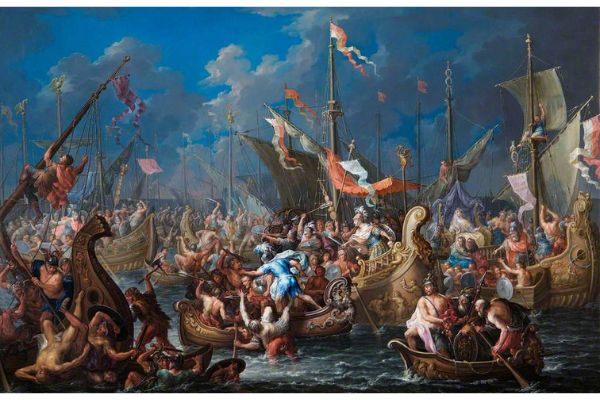
Photo: thegreatromanarmy.weebly.com/ -
Cleopatra had an impact on Rome and Egypt because she increased Egypt's wealth and power. Cleopatra required Rome's resources in order to increase Egypt's supremacy. She enlisted the assistance of Caesar and Antony. This is one of the major accomplishments of Egyptian Queen Cleopatra.
Cleopatra propagated the concept of ruler worship, which influenced the future governance of Rome and subsequent western empires. There are convincing signs that she had persuaded two of the most powerful Roman generals and consorts, Julius Caesar and Mark Antony, to rule alongside her as Dionysus - Isis, the Greek and Egyptian gods. Antony sought to place a regal Diadem on Caesar's head at the Lupercalia festival, a month before Caesar's death, while Cleopatra was in Rome, but Caesar declined. Most likely, this was a staged play intended to evaluate the Roman public's attitude toward accepting Hellenistic-style leadership. Antony performed a Roman-style triumph parade at Alexandria after his victory over Armenia in 34 B.C., costumed as Dionysus and riding into the city on a chariot to bring the royal prisoners to Cleopatra, who was placed on a golden throne. The names Helios (the Sun) and Selene (the Moon) were given to Antony and Cleopatra's twin son and daughter, signifying the couple's intricate plans for the future. When Octavian became the first emperor of Rome and assumed the title of Augustus, he quickly adopted the idea of ruler worship (The Majestic).
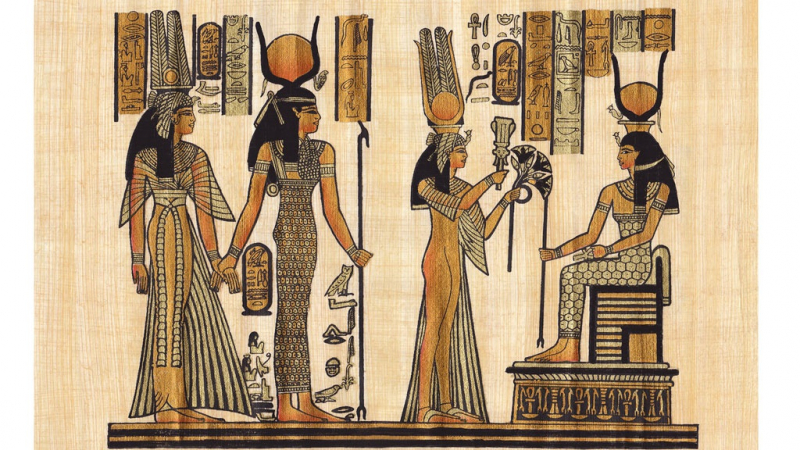
Photo: thanhnien.vn 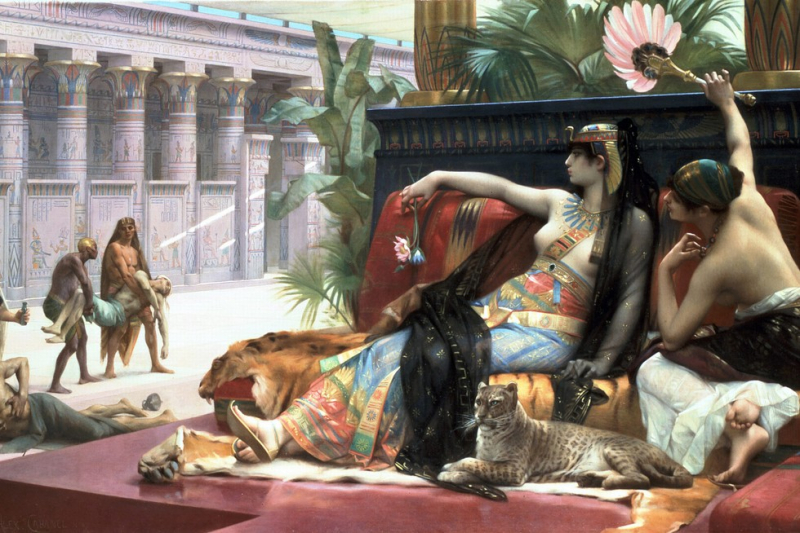
Photo: HistoryExtra -
The diversity of Egyptian culture astounds us. One can't help but think about ancient Egypt's intriguing life. Cleopatra, Queen of Egypt, is directly involved with this history and stands out for her idealism and strength of character. She was one of the first and few women renowned and remembered for her accomplishments and status, having been queen of Egypt in 51 B.C. Cleopatra is frequently represented in art and literature by writers and painters who loved her strength and beauty. William Shakespeare and George Bernard Shaw are two of these authors. While Shakespeare's play Antony and Cleopatra introduces us to the mature queen of Egypt and depicts her relationship with Mark Antony, Shaw's play Caesar and Cleopatra, published in 1928, depicts Cleopatra at a young age, before she becomes a queen, and her ties with Caesar. In addition, we have a better comprehension of an aesthetic representation of Cleopatra in Joseph L. Mankiewicz's 1963 film Cleopatra. Not only may we picture the queen of Egypt as a formidable ruler, but also as a strong mother, in these literary and artistic representations.
Cleopatra continues to fascinate historians, storytellers, artists, and the general public centuries after her death. Shakespeare's drama Antony and Cleopatra (1606-07), which was inspired by Roman historian Plutarch's Parallel Lives, is the most famous example. Cleopatra was immortalized via the efforts of the brilliant playwright, who turned her into the popular cultural icon that she is today. Since then, many dramas, poems, paintings, operas, and films have been written on the Egyptian queen. Her image as an exotic and seductive queen is still utilized to promote a variety of items.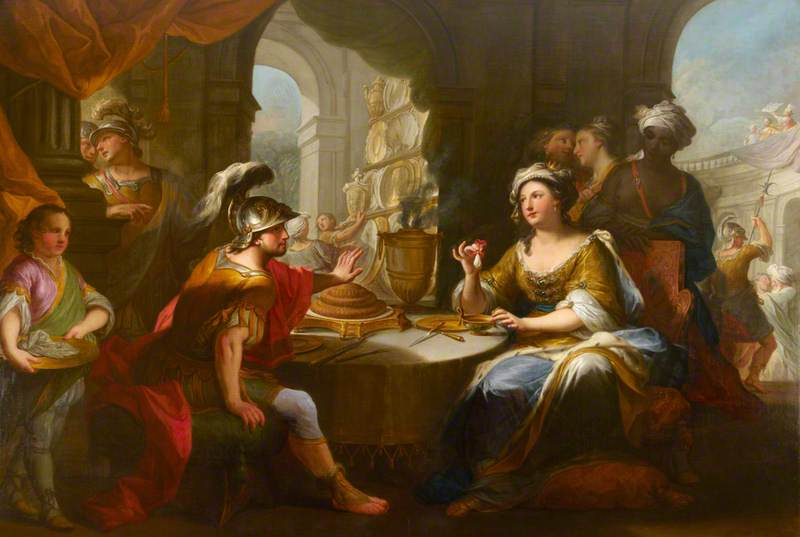
Photo: Art UK Video: Accessible Art History








